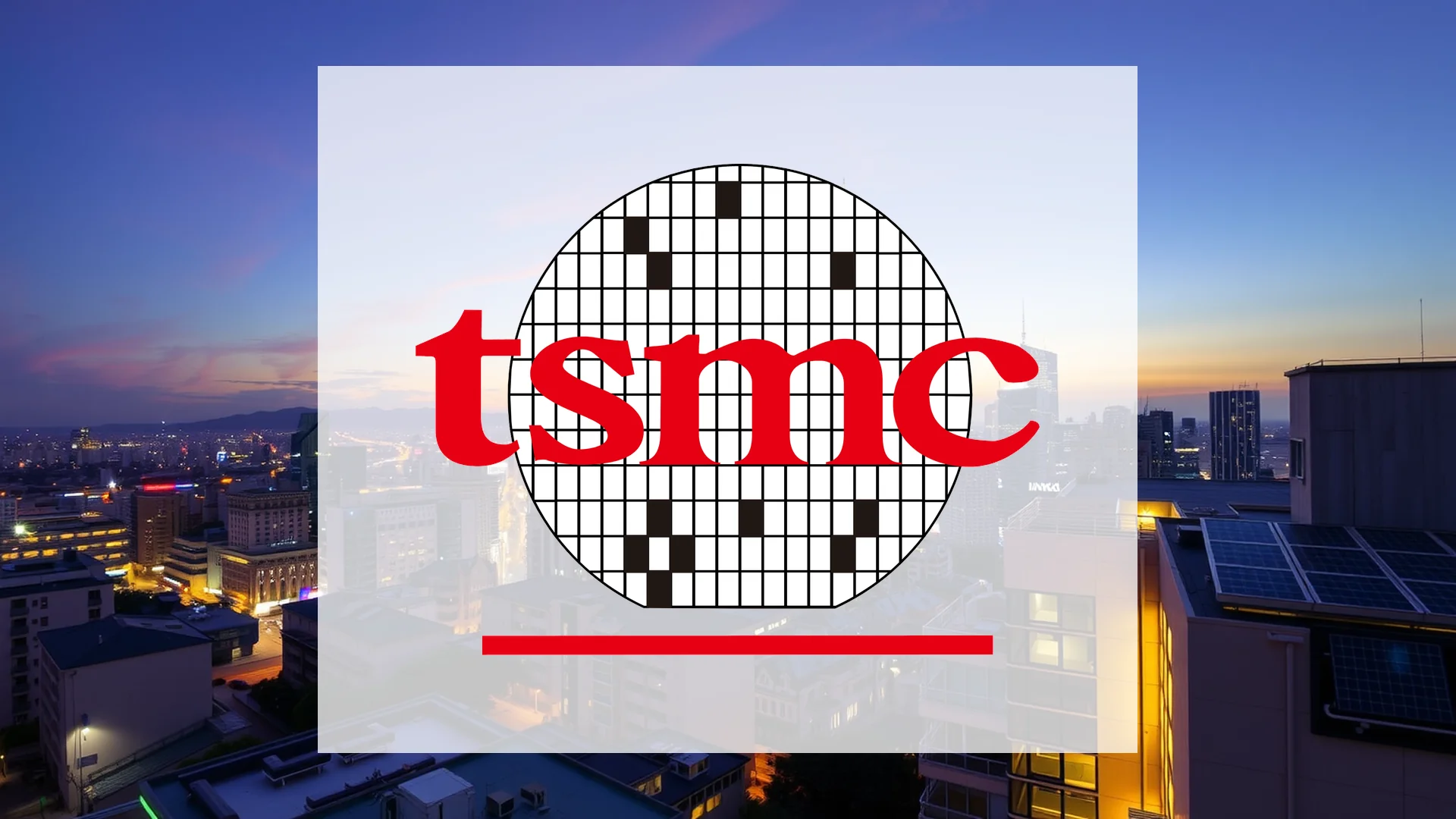A significant corporate security breach is unfolding at Taiwan Semiconductor Manufacturing Company, the world’s most valuable chipmaker. Recent developments suggest a former senior research and development leader may have taken sensitive technological secrets to the company’s primary competitor, Intel Corporation, potentially compromising TSMC’s strategic advantage in advanced semiconductor manufacturing.
High-Stakes Executive Departure
According to media reports from November 18, Dr. Wei-Jen Lo, previously serving as Senior Vice President of Research and Development at TSMC, is set to join Intel. This transition raises substantial concerns given Dr. Lo’s instrumental role in developing TSMC’s most advanced chip technologies. Industry observers consider him a foundational figure in the implementation of extreme ultraviolet lithography and the architectural groundwork for TSMC’s next-generation 2-nanometer process.
The situation escalated when reports emerged that Dr. Lo maintained detailed handwritten notes during confidential technical meetings throughout his tenure at TSMC and retained these documents upon his departure. Company officials are now evaluating potential legal action, examining whether this constitutes a violation of Taiwan’s Trade Secrets Act. The investigation focuses particularly on information regarding future process nodes, including the 2nm and 1.6nm (A16) technologies.
Market Reaction and Competitive Implications
Investors responded to the news with noticeable concern. During Tuesday’s trading session, TSMC shares declined by as much as 3.3 percent before settling with a 1.45 percent loss at the close. This market movement underscores how intellectual property security and talent retention can challenge even the most dominant industry leaders.
Should investors sell immediately? Or is it worth buying TSMC?
For Intel, the timing of this development appears strategically advantageous. The American semiconductor giant has struggled for years to narrow the technological gap with TSMC. Through its Intel Foundry Services division, the company aims to attract major chip design clients—an ambition that requires manufacturing expertise comparable to TSMC’s capabilities. Gaining an executive with direct experience from the core of TSMC’s research organization would represent a substantial competitive advantage.
Broader Industry Consequences
The incident highlights the increasingly intense battle for technological supremacy in the global semiconductor industry. TSMC maintains a strong long-term position due to overwhelming demand for artificial intelligence chips and its technological leadership. However, this security breach serves as a stark reminder that corporate secrets constitute the most valuable currency in the chip wars, and no technological lead remains permanently secure.
Legal experts anticipate that formal investigation by Taiwanese authorities could trigger significant repercussions throughout the semiconductor sector. Should allegations of trade secret transfer be substantiated, the industry could witness a major legal confrontation between two technological powerhouses.
The fundamental question no longer revolves around whether TSMC will respond, but rather how aggressively the company will pursue legal and protective measures to safeguard its proprietary manufacturing processes.
Ad
TSMC Stock: Buy or Sell?! New TSMC Analysis from February 7 delivers the answer:
The latest TSMC figures speak for themselves: Urgent action needed for TSMC investors. Is it worth buying or should you sell? Find out what to do now in the current free analysis from February 7.
TSMC: Buy or sell? Read more here...










